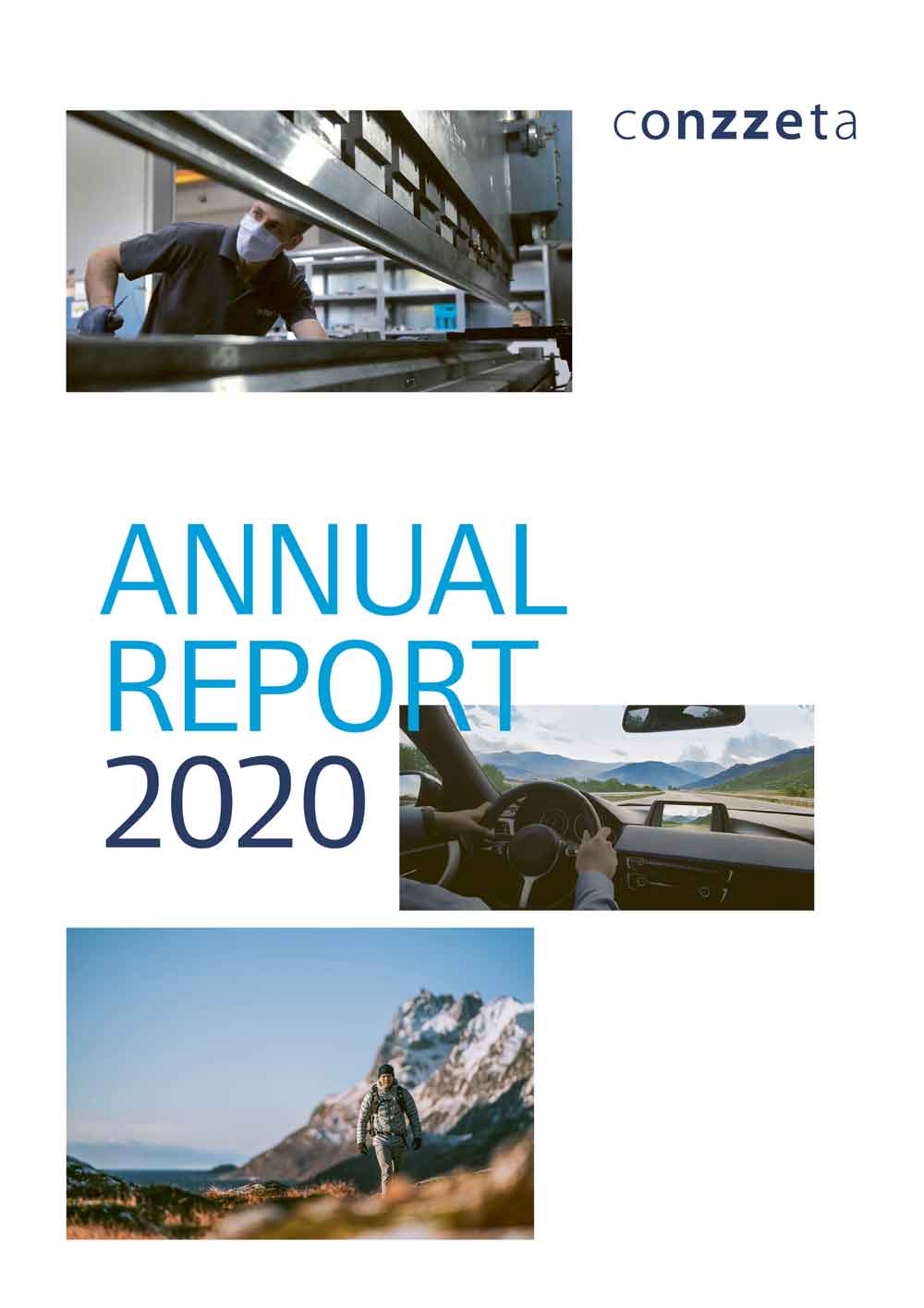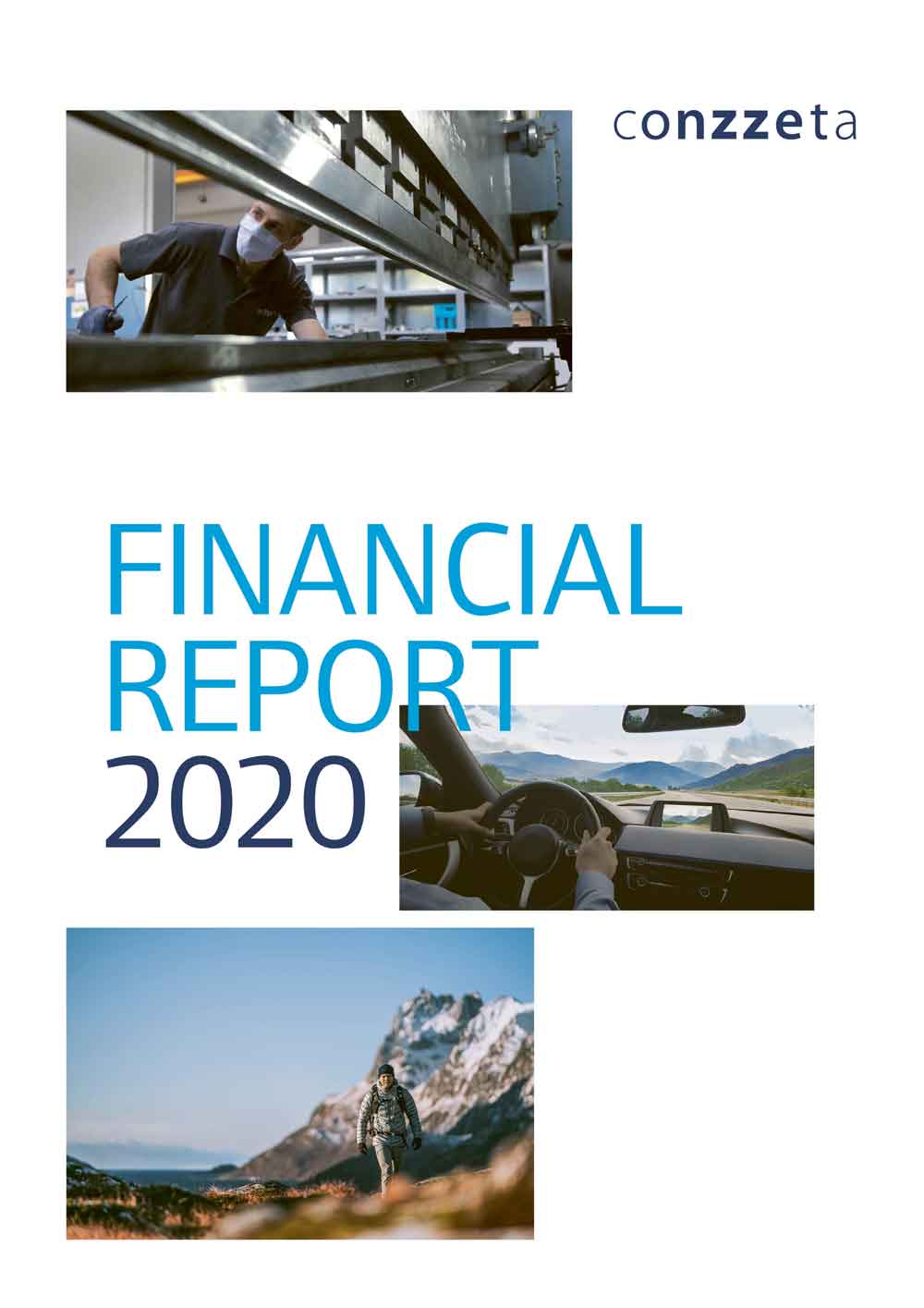8 Auditors
8.1 Duration of the Mandate and Term of Office of the Chief Auditor
Since 1939, the statutory auditors of Conzzeta AG have been KPMG Ltd, based in Zurich, or its legal predecessor. Based on Conzzeta’s internal rotation rules according to which tenders for the role of statutory auditors are called every ten to fourteen years a new tender should have been made until 2020. Given the Group’s new strategic direction, the Audit Committee has postponed the tender process in consultation with the Board of Directors until the new structure has been implemented. The chief auditor, François Rouiller, has been responsible for the mandate since financial year 2017. According to Article 730a (2) CO, the chief auditor changes every seven years.
8.2 Auditing fee
The auditing company KPMG charged the following fees for the reporting year:
- Auditing fees: CHF 1,412,000.
- Additional fees for audits relating to M&A projects, tax and legal advice and consultancy services in connection with acquisitions: CHF 350,000.
8.3 Information Tools Pertaining to the External Auditors
The Audit Committee established by the Board of Directors for finance and auditing assesses the efficacy, performance, fee and independence of the auditors and presents a report concerning these matters once each year to the Board of Directors. This assessment by the Audit Committee, in particular also in relation to the quality of the inspection work, is made during a discussion conducted following the presentation by the external auditors concerning the interim audit and the audit on the yearly financial statements. The Board of Directors does not carry out any further assessment without cause.
The auditors are invited to the meetings of the Audit Committee where the issues dealt with are relevant. During the reporting year, they participated in three of the four meetings. In particular, the interim audit report, the annual financial statement, the management letter and the comprehensive report to the Board of Directors are discussed between the Audit Committee and the auditors, the first in November and the others in March. The Chairman of the Audit Committee and the Group CFO inform the Board of Directors at the Board of Directors’ meeting in March about the auditors’ reports, their own assessment of the issues raised and the action to be taken. At its meeting in August, the Audit Committee establishes the key points of the audit along with the auditors for presentation to the Board of Directors.
The Group CFO prepares all of these matters in conjunction with the auditors for discussion by the Audit Committee and approval by the Board of Directors and implements the recommended improvements.
As regards non-audit services, care is taken to ensure that no mandates are placed with KPMG that could result in a conflict of interest with the auditing mandate or impair its independence.
Regarding the information tools available to the internal auditors, reference is made to the comments provided under the title “Information and Control Tools vis-à-vis the Executive Committee”, Section 3.7.

